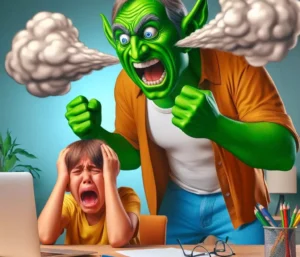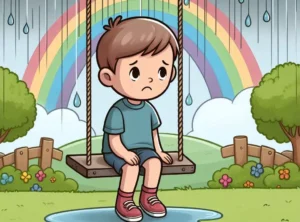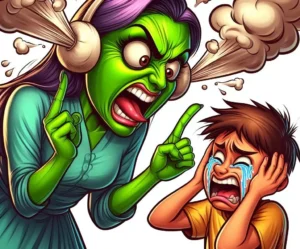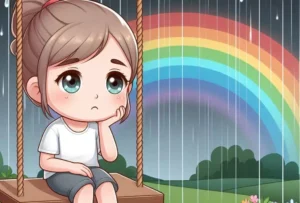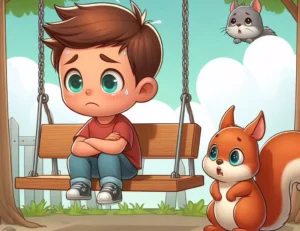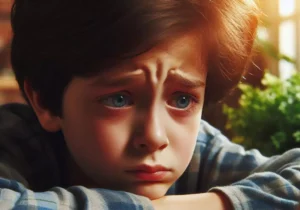10 Emotionally Abusive Things Parents Unknowingly Say
As parents, we often strive to provide a loving
and supportive environment for our children.
However, in the midst of daily challenges, stress,
and the pressures of parenting,
we may sometimes say things that can unintentionally
harm our children’s emotional well-being.
While we may not intend to be hurtful,
certain phrases can carry a weight that lingers long
after they are spoken, leaving deep emotional scars.
Children are particularly vulnerable to words and actions
of their parents, as they look to us for guidance, validation, and love.
When we say things that undermine their self-worth
or dismiss their feelings, we risk damaging their self-esteem
and shaping their perceptions of themselves and their relationships.
Emotional abuse can be subtle and insidious,
often disguised as casual remarks
or offhand comments that we might not think twice about.
Here are 10 toxic things parents sometimes say without realizing the damage they can cause:
1. “If you don’t behave, no one will love you.”
This phrase can make a child feel unlovable
if they don’t conform to expectations.
It can lead to anxiety about being rejected
and difficulty forming healthy relationships later in life.
2. “You’re not the child I expected.”
Telling an adopted child they are not the daughter
or son the parent wanted is incredibly hurtful.
It can make the child feel unwanted and unworthy of love.
3. “Don’t be so dramatic.”
Dismissing a child’s emotions as “drama” invalidates
their feelings and teaches them to repress their true emotions.
This can lead to difficulty expressing emotions
and seeking support in the future.
4. “Sometimes I wish I never had kids.”
A parent expressing regret about having children
can make the child feel like a burden
and that their existence is a source of unhappiness for their parent.
5. “Why can’t you be more like your siblings?”
Comparing children to each other creates competition and resentment.
It also implies that the child is not good enough as they are.
6. “You’ll never amount to anything.”
Crushing a child’s dreams and aspirations
with negative statements about their potential
can become a self-fulfilling prophecy.
It’s important to encourage and support children’s goals
7. “You’re so selfish.”
Labeling a child as selfish can make them feel guilty
for having their own needs and desires.
It’s important to teach children to consider others,
but not at the expense of their own well-being
8. “I wish you were never born.”
This is one of the most hurtful things a parent can say.
It can leave lasting emotional scars and make a child feel worthless.
Parents should express gratitude for their children’s existence.
9. “You’re stupid/ugly/fat.”
Insulting a child’s intelligence, appearance,
or weight is a form of verbal abuse.
It can damage self-esteem and lead to issues
like eating disorders or depression.
10. “If you tell anyone, I’ll…”
Threatening a child to keep abuse or neglect
a secret is a way for parents to maintain control.
It can make the child feel trapped
and prevent them from seeking help.
Remember, even if these phrases are said in jest or without malice,
they can still be emotionally abusive.
As parents, it’s important to be mindful of our language
and focus on positive, supportive communication
to help our children thrive.
If you’re struggling with toxic behaviors,
seek help from a therapist or trusted support system.

